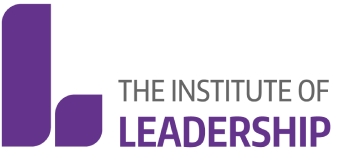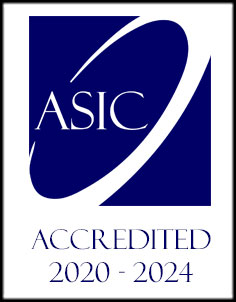Welcome
'The budget is a contract between the citizens and state, showing how resources are raised and allocated for the delivery of public services' - OECD
Course Overview
The effective management of finances is a fundamental function for any organisation but particularly so in the public sector. Governments, under the scrutiny of the citizens they represent, are increasingly under pressure to improve public services whilst at the same time identifying ways to cut spending and increase efficiency.
This programme recognises these difficulties and ensures that participants leave the programme with a full understanding of effective financial management in the public sector - including budgeting systems, auditing, preparing financial statements and tracking expenditure. This programme has also been designed with the view that there is no 'off the shelf' budget methodology; different organisations require different approaches and this programme will analyse a number of methodologies, comparing their strengths and weaknesses so participants can make an informed decision as to which is most suitable for their organisation.

The Institute of Leadership has approved this training course. The Institute combines years of research, knowledge and innovation to champion the leadership agenda for alL and since 1947 they have carried out extensive research into the knowledge, skills, attitudes, behaviours and values of great leadership. Based on The Institute's core leadership values, this course meets the standard that enables learners who have completed to access the following benefits:
- Membership of The Institute of Leadership will be in receipt of an ICPS/The Institute joint Certificate of achievement for the course
- Access to a raft of resources to help you with your continuing professional development, including an award-winning library of e-learning content
- A community of over 70,000 members worldwide enabling you to collaborate and grow your knowledge and skills
- Receipt of weekly news updates, podcasts and cutting-edge research and a monthly published journal and invitations to topical webinars
- Authorisation to use approved letters AMInstL (Associate Member of The Institute of Leadership) after your name for business correspondence
Learning Outcomes
By the end of the course the delegates will be able to:
- Analyse the strengths and weaknesses of different budget methodologies
- Assess how public services are financed
- Scrutinise the oversight of budgets
- Learn how to manage cash flow and debt
- Align budgets to outputs instead of inputs
- Recognise the benefits of accrual over cash based accounting
- Identify the role of Parliament in budget approval and oversight
Agenda
Day One
- - Fundamental principles of accounting practice
- - Accounting practices in Government
- - Resource accounting and budgeting in Government
- - What makes for a good budgeting system?
- - The links between planning and budgeting
- - The financial year
- - Audit and oversight
- - Internal audit
- - External audit
Day Two
- - Principles of costing & the use of costing systems
- - Costing in Government
- - Key elements
- - Budget monitoring
- - Budget control
- - Evaluation
Day Three
- - Purposes
- - Methods
- - Key roles in resource accounting and management
- - How public services are financed
- - Ongoing trends & the current financial situation
- - Taxation
- - Evaluation in public finance
- - An overview of current crises and public financial management practices

